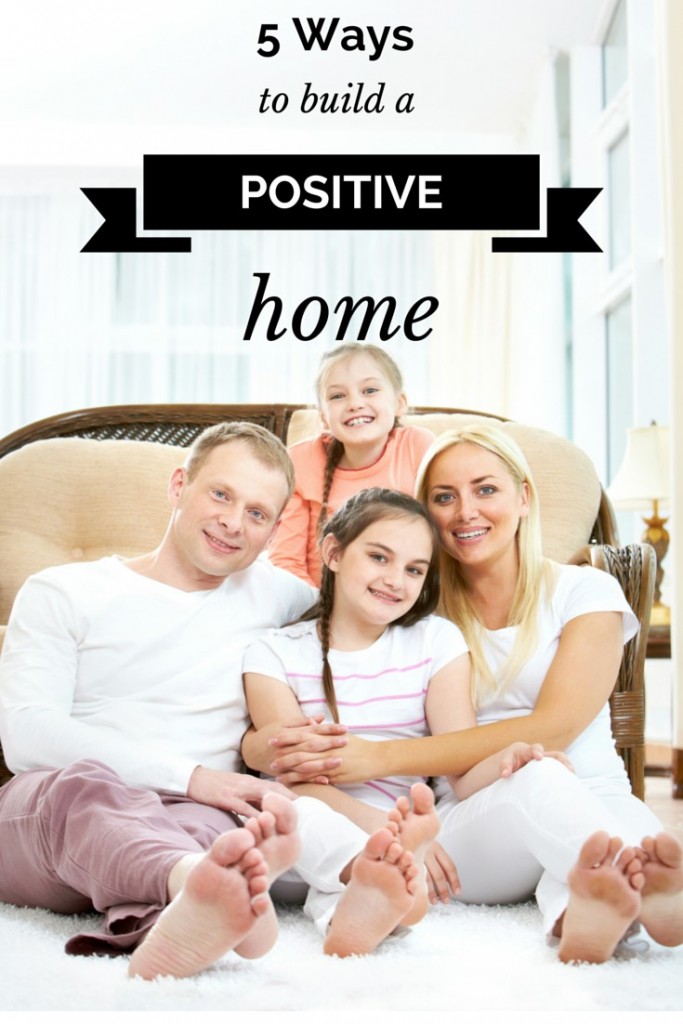Children learn most of their habits at home so why not build a positive home. A place where they feel safe. A place that they can be themselves without being judged. We can’t control what our children hear and see at school, but we can control what they see and hear at home. Help your children grow to be compassionate, chivalrous and confident adults. Our society needs them! Create a space that boosts your child’s self-esteem and helps them thrive!
1. Lead by example. Set a positive example. Children learn from what they see. If they see parents are are kind, charitable, hard-working and fun, then there is a strong probability they will follow your example. I say strong possibility because nothing in this world is 100% certain! I know that my kids do what I do, not as I say. If I yell, for any reason, I can immediately see their demeanor changing. They become upset and fight back. If I get upset, walk away for a few seconds and come back and explain the problem, they are more open to listen to me.
2. Provide praise and constructive feedback. If your child does something right, praise them. I’m sure there were obstacles in their way to block them from doing something right and they did it anyway. I don’t care if it’s something as simple as picking up their dishes after dinner or spending all weekend studying for a test, praise them for a job well done. I “thank you” with a smile is enough, you don’t need to throw a party for them. If they do something wrong, don’t yell at them and insult them, provide constructive feedback. Let them know they did something wrong, why it’s wrong and help them come up with a solution so it doesn’t happen again.
3. Show affection. You don’t need to smother your children with hugs and kisses but a hug and an “I love you” every now and then goes a long way. Another way to show affection is to provide support. Let them know you are there for them when they need you.
4. Listen. Listening is a biggie. When your child wants to talk to you, stop what you are doing and listen. I parent tweens and emotions are all out of whack. There are times when they want nothing to do with me but believe me, when I hear “Can I talk to you?” the answer is always “Yes!” I don’t care if it’s about a cartoon character, I listen. I want them to know that if I listen to the “small things”, I will be there to listen to the “big things.” My step-kids have told me things they have never told anyone else. They talk about their feelings openly knowing that I am listening. If they tell me something that I believe their parents need to know (important stuff like puberty questions or someone bullying them for example), I mention to the child that this is important and we will talk about it with the corresponding parent. They feel like they have an ally and are more open to share more with their parents.


